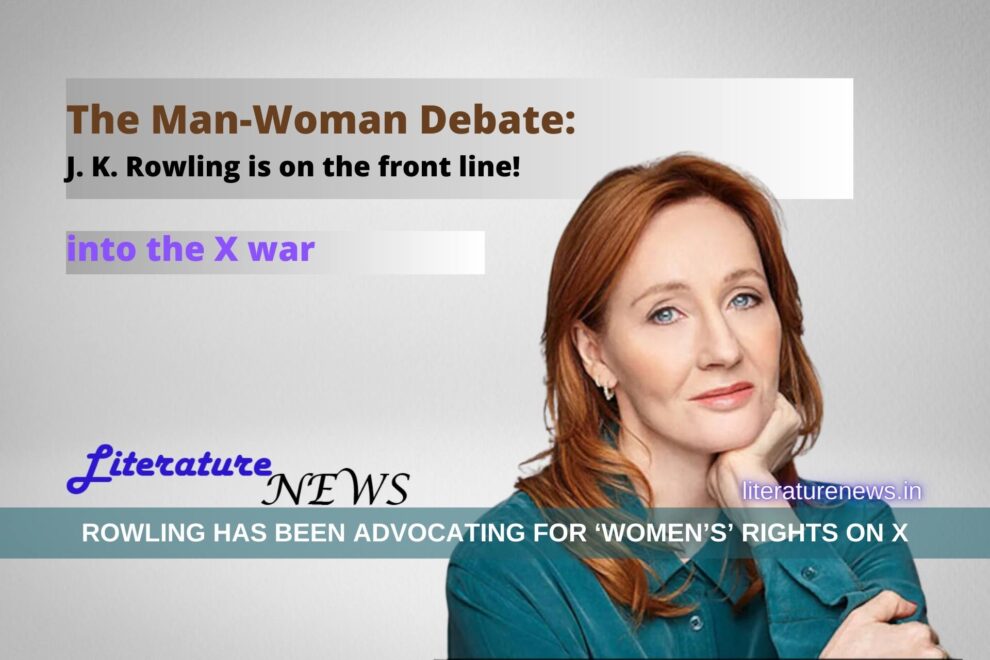J.K. Rowling, the internationally acclaimed author best known for creating the Harry Potter series, has recently become embroiled in controversy due to her public statements regarding transgender issues and her vocal opposition to specific pronoun legislation. This article explores Rowling’s recent ideological clashes and her engagement on social media platform X (formerly Twitter), which have ignited substantial debate.
Background:
In 2020, J.K. Rowling sparked controversy with comments on social media that were seen as transphobic. Since then, she has been vocal about her views on the transgender community, drawing criticism from different groups. This has caused a division among her fans; some endorse her opinions while others are disappointed and angry.
In 2020, J.K. Rowling sparked controversy with comments on social media that were seen as transphobic. Since then, she has been vocal about her views on the transgender community, drawing criticism from different groups. This has caused a division among her fans; some endorse her opinions while others are disappointed and angry.
Rowling’s X War:
In recent months, Rowling has been particularly active on X, engaging in what some have described as a “war” against pronoun laws. Her posts have targeted individuals and organisations she believes are promoting what she sees as dangerous ideologies. For example, she recently accused a so-called “transgender” soccer manager of being a “straight, white, middle-aged bloke,” drawing significant backlash from the LGBTQ+ community and its allies.
Her X activities have also included criticising Premier League referee Rebecca Welch, who publicly supported the football manager. Rowling’s posts have been met with both support and condemnation, with some praising her for standing up for what she believes in and others accusing her of bullying and transphobia.
Pronoun Controversy:
At the centre of the dispute is J.K. Rowling’s stance against legislation that mandates the use of specific pronouns for transgender people. One incident that gained attention was when Rowling voiced criticism of a proposed law in Scotland that could potentially make it a criminal offence to use incorrect gender pronouns for transgender individuals. She has argued that such laws impede freedom of speech and are part of a more significant challenge to the rights of women and girls.
At the centre of the dispute is J.K. Rowling’s stance against legislation that mandates the use of specific pronouns for transgender people. One incident that gained attention was when Rowling voiced criticism of a proposed law in Scotland that could potentially make it a criminal offence to use incorrect gender pronouns for transgender individuals. She has argued that such laws impede freedom of speech and are part of a more significant challenge to the rights of women and girls.
Rowling’s stance on transgender issues and pronoun laws has been a divisive one. On the one hand, some have praised her courage in standing up for what she believes is right, even in the face of significant backlash. On the other hand, her comments have been seen by many as transphobic and harmful, leading to calls for boycotts of her work and public condemnation from various quarters.
As the debate continues, it remains to be seen how Rowling’s stance will impact her legacy and the broader conversation around transgender rights. One thing is clear, however: her outspoken views and her use of social media to express them have ensured that the issue of pronoun laws and transgender rights remains at the forefront of public discourse.
News Desk, Literature News






Add Comment